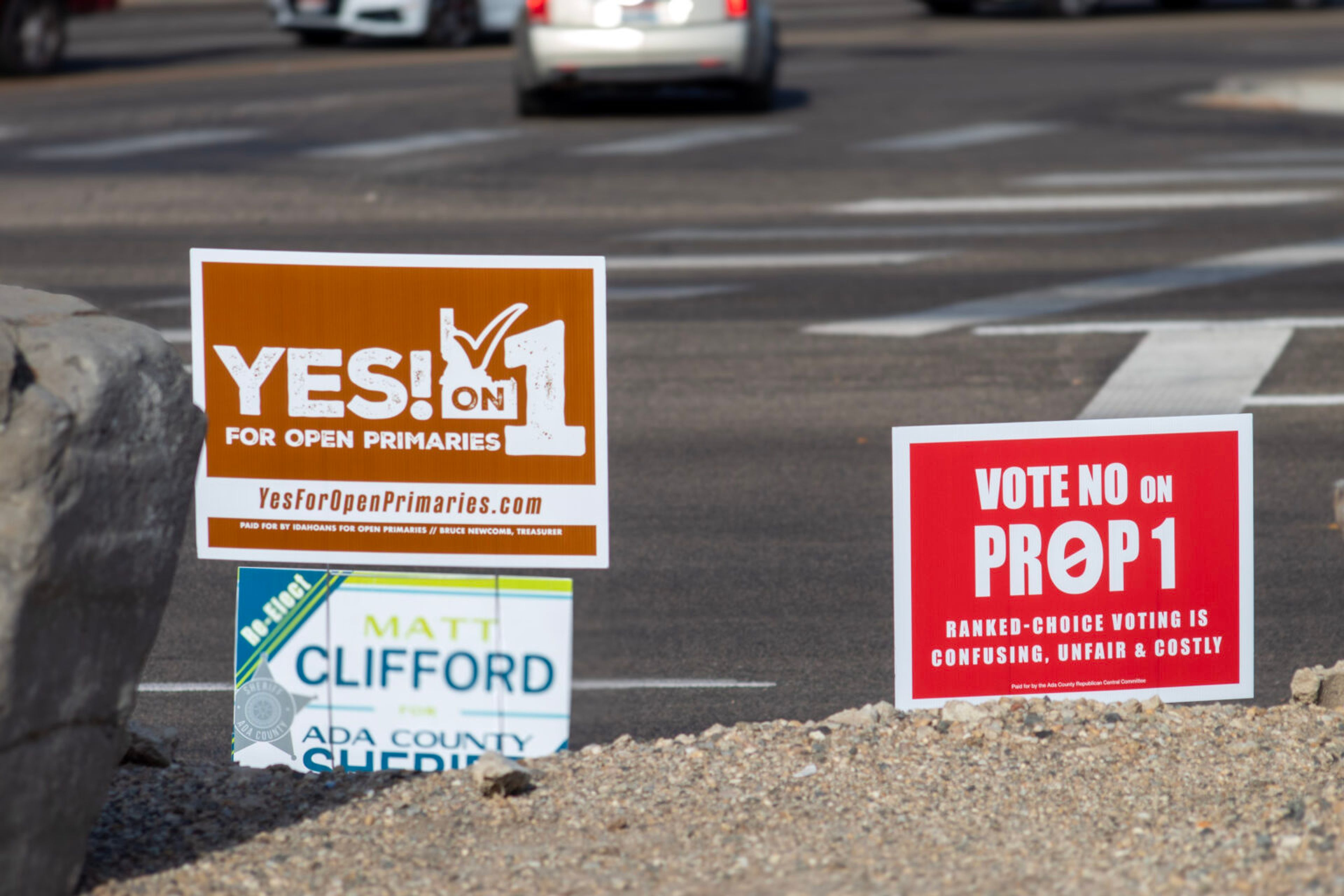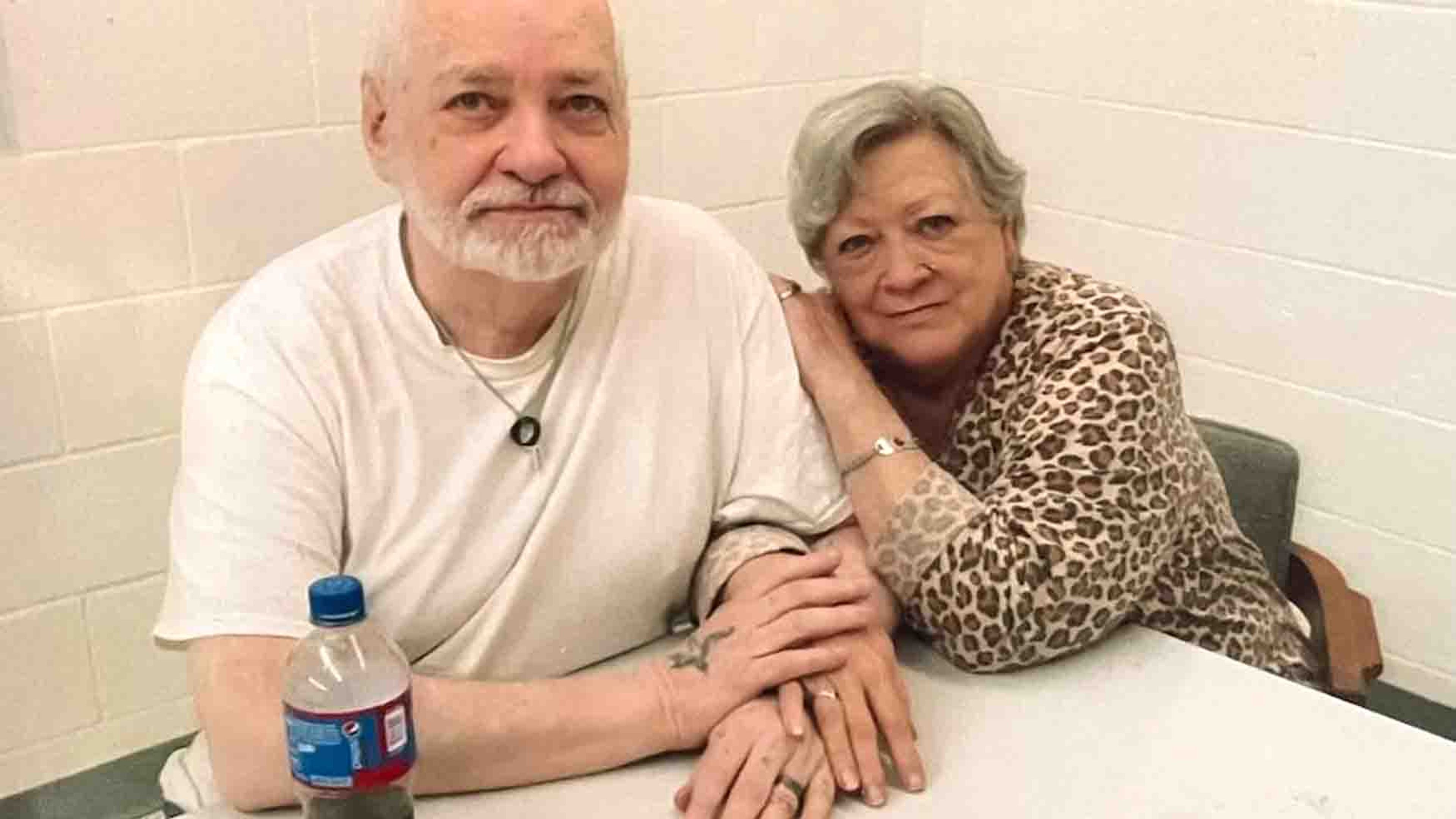Idaho panel advances judicial council, judge selection changes
Nearing end of the 2022 session, lawmakers have a productive day in Boise
BOISE — Despite strong objections from the courts, from attorneys around the state and more, the Senate Judiciary Committee on Wednesday approved last-minute legislation to make sweeping changes to the Idaho Judicial Council and the judge selection process in Idaho, sending the House-passed bill to the full Senate.
HB 782 pairs the changes with a small salary increase for Idaho judges. Three committee members, Sens. Patti Anne Lodge, Grant Burgoyne and Melissa Wintrow, supported a motion to instead hold the bill in committee, killing it for this year, but that motion failed. Sen. Kelly Anthon’s original motion to advance the bill with a recommendation that it “do pass” then passed on a voice vote.
Before the hearing on the bill, the committee voted on whether to confirm an appointee to the Idaho Judicial Council, Michelle Points, and defeated a motion from Sen. Abby Lee, R-Fruitland, to recommend Points not be confirmed, on a 4-5 vote. Lee is the Senate sponsor of HB 782.
The panel then voted 5-4 to recommend confirmation, with Lee, Anthon and Sens. Doug Ricks and Steven Thayn dissenting.
During the hearing on HB 782, Don Burnett, former dean of the University of Idaho College of Law, former Idaho Court of Appeals judge and the first executive director of the Idaho Judicial Council, was among many urging the senators not to pass the bill.
“The guiding light here should be the fairness, the impartiality and the independence of the judiciary,” Burnett told the committee.
He said the bill’s proposal to allow a governor to reject a slate of nominees from the Judicial Council and get an all-new one “really impinges on the perception as well as the reality of impartiality and independence. It may put the governor in an unwelcome position of being importuned to reject a slate and start the process over.”
Plus, he noted that the Judicial Council currently has three nonattorney, citizen members out of seven; under the bill, it would be just four out of 11. “This dilution of citizen input should be of concern,” he said.
All but one of those who testified at the hearing opposed the bill; the lone exception was Ken McClure, attorney and lobbyist for the Idaho Liability Reform Coalition, which includes some of the state’s largest businesses.
“This is a modest bill, frankly,” McClure told the committee. “It’s really not a significant revision.”
Bill on WWAMI program passes
Lt. Gov. Janice McGeachin cast the tiebreaking vote to approve HB 718, which requires students in the WWAMI medical school exchange program to sign contracts agreeing to practice medicine in Idaho for four years or return the cost of their tuition.
The Idaho Senate deadlocked 17-17 on the bill, so McGeachin, who is the president of the Senate, broke the tie.
“A tie vote having resulted in the roll call, the president votes aye,” she announced without hesitation, so HB 718 passed and now goes to the governor’s desk. It was McGeachin’s first tiebreaking vote of this year’s session.
Senate Minority Leader Michelle Stennett, D-Ketchum, wasn’t in the chamber when the vote occurred, leaving an even number of senators voting.
House has busy afternoon
The Idaho House adjourned for the day after passing nine bills Wednesday afternoon, including two close votes: SB 1408, a supplemental appropriation bill providing $15 million from the American Rescue Plan Act funds allocated to the state of Idaho to the state Workforce Development Council for child care infrastructure grants to businesses and child care providers, which passed 38-32; and the budget for the Workforce Development Council for next year, which passed by an even closer vote of 36-34.
That measure, which earlier had passed the Senate 30-5, includes $25 million in ARPA funds for workforce training grants to businesses, plus $125,000 in state general funds for a study of certified nurse’s assistant certification in Idaho. All other adjustments to the budget are standard.
Opponents, including Reps. Ron Nate and Vito Barbieri, argued that government shouldn’t have any role in workforce training.
Gov. Brad Little had proposed $25 million in ARPA funds for the child care infrastructure grants because of a crisis in Idaho’s child care industry, with numerous providers shutting down during the pandemic and not reopening, posing huge issues for employees and their employers. But JFAC set the budget with the lower figure of $15 million.
Rep. Caroline Nilsson Troy, R-Genesee, the lead House sponsor of SB 1408, told the House, “COVID really created a perfect storm for a lot of folks in Idaho. And there were businesses that shut down, schools that shut down, daycares shut down. Sometimes they shut down for days. Sometimes they shut down for weeks. And really very sadly, a lot of them shut down forever. And in particular, we lost a lot of day cares.”
“It is a way for Idahoans to go back to work,” she said. “It’s no different than a road or a bridge. The bridge is washed out, you can’t go to work. If the daycare is not available, you can’t go back to work.”
Nate, R-Rexburg, speaking against the bill, said, “I belong to political party with a platform that says it’s the responsibility of the families to take care of children and not government programs, and that the families are better at nurturing and taking care of kids than government.”
The grants would go to private-sector child care providers, whether they’re nonprofit or for-profit.
Rep. Ben Adams, R-Nampa, asked, “Do we want to spend $15 million on subsidizing the private sector for day cares when the unemployment rate in the state of Idaho is already so low?”
Rep. Laurie Lickley, R-Jerome, said millennials want additional access to child care and lawmakers should listen to them, and that if parents want to participate in the workforce, they should be given that opportunity.
The House also passed SB 1405, a Senate-passed bill on “disfavored investments” to forbid state investments from being made on the basis of “ESG” or environmental, social and governance scores; that bill passed 57-12. The budget for the state Division of Veterans Services passed 65-3; the budget for the Office of the State Controller passed, 49-19. Also approved were SB 1418, funding health education programs; SB 1419, funding the Agricultural Research and Cooperative Extension Service for the next year; and SB 1420, the budget for the Idaho Department of Correction.
Russell is the Boise bureau chief and state capitol reporter for the Idaho Press and Adams Publishing Group. Follow her on Twitter at @BetsyZRussell.








